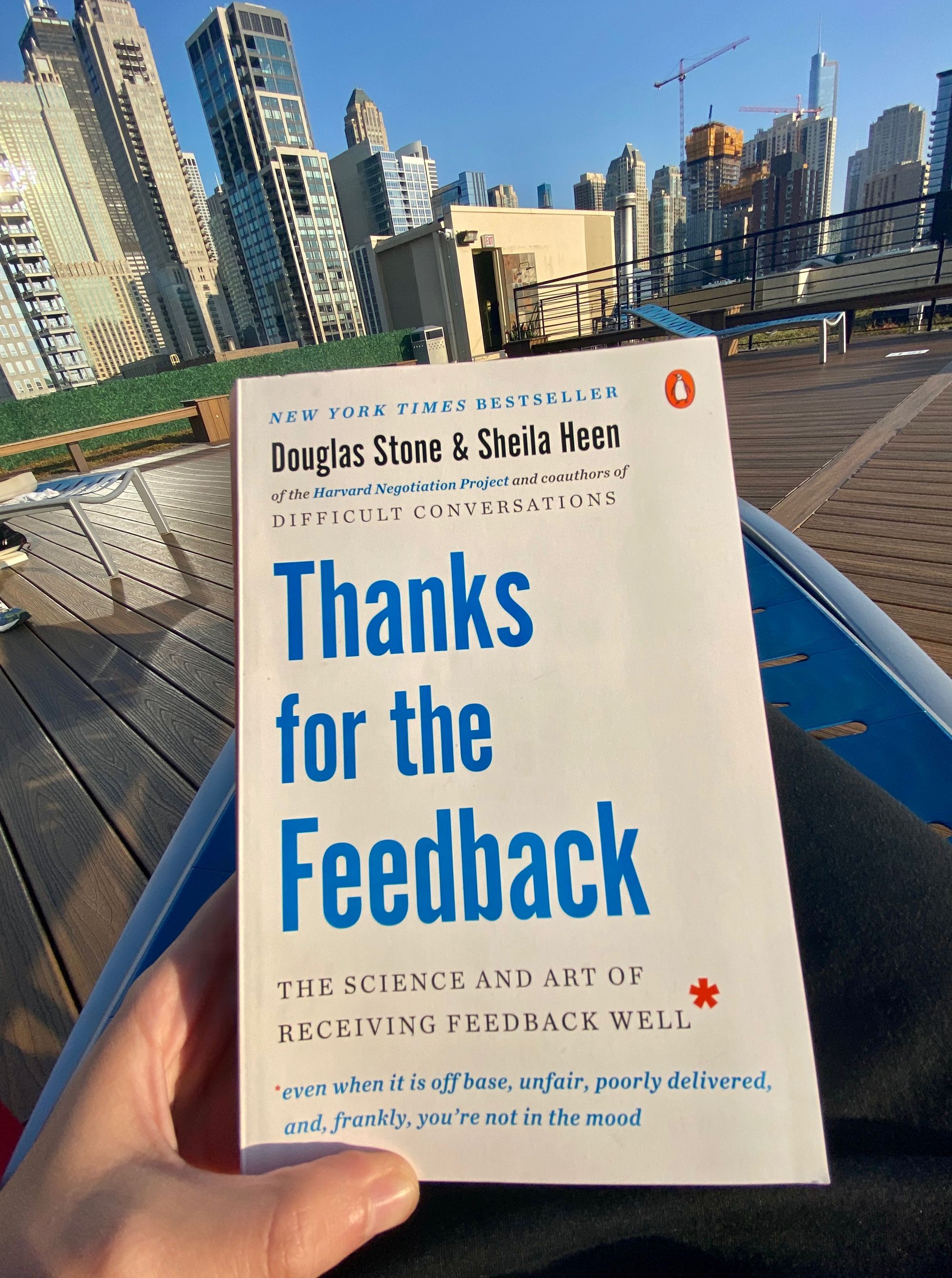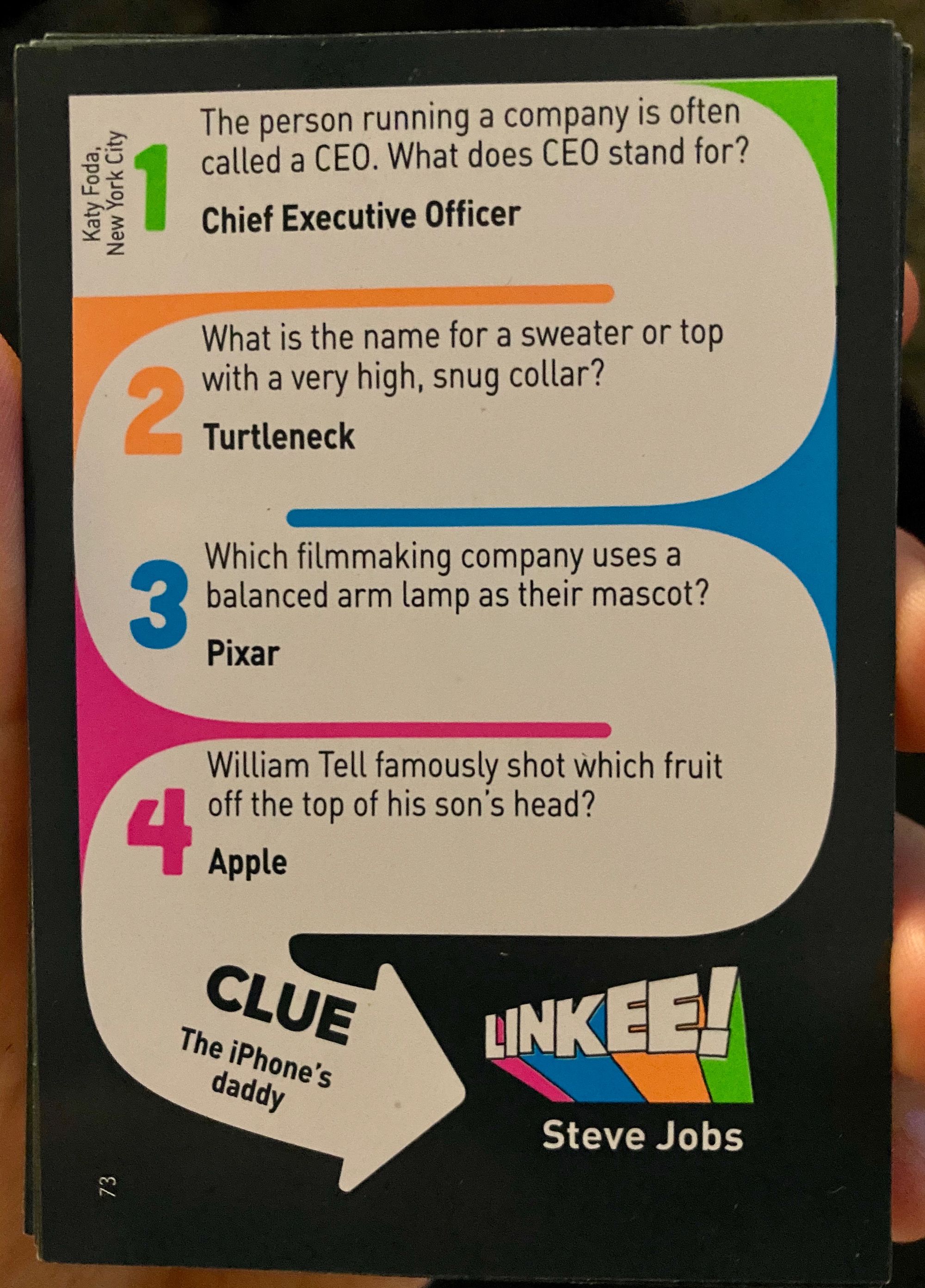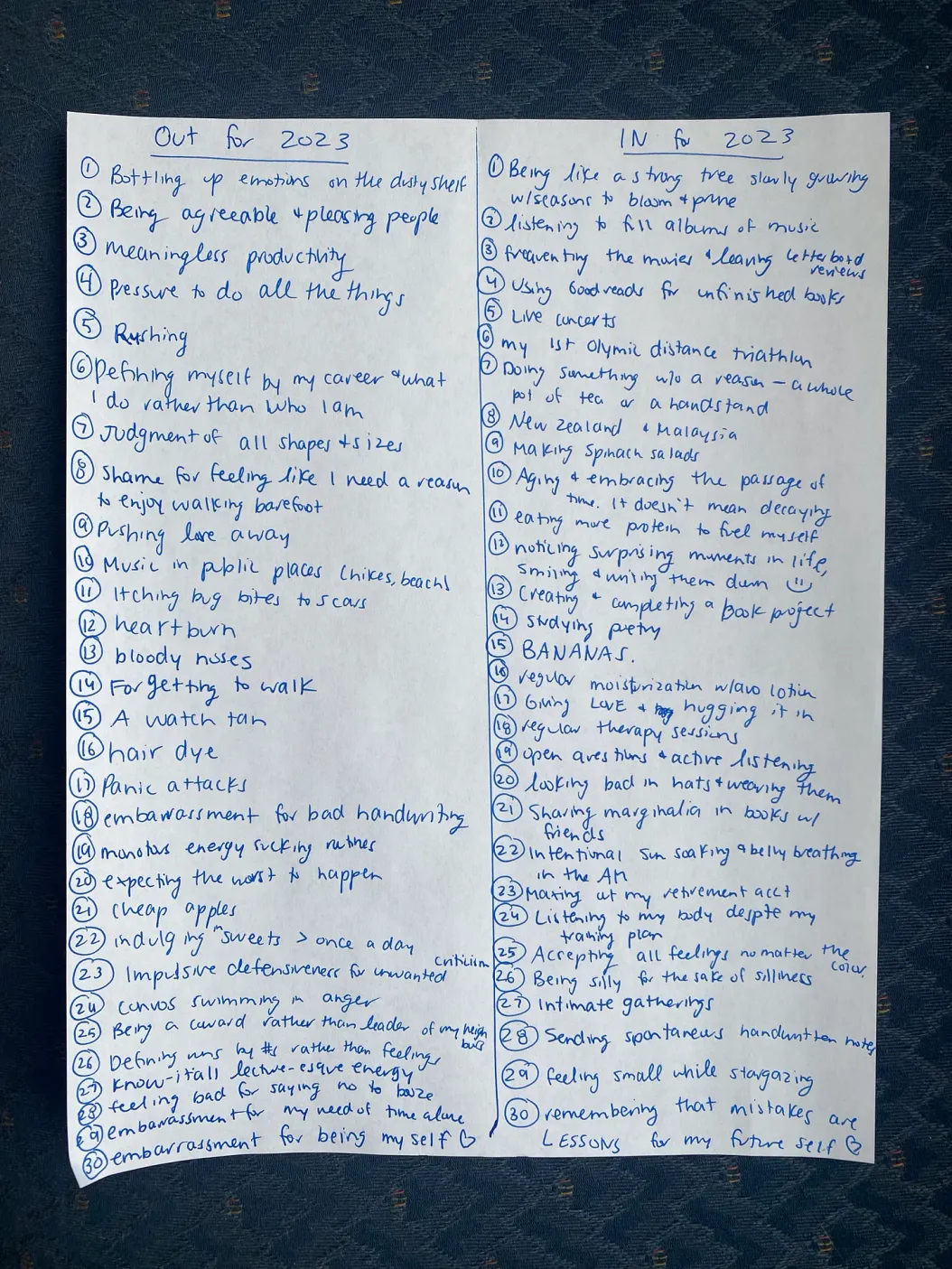Hello fellow learner,
Greetings from Chicago!
I am beyond grateful to live in the city. Somedays I wake up and still can’t believe that I live here… and that it has already been over a year. Here's a shot I snagged during golden hour over the weekend. 🌇

I went to a socially distanced masked mass today in a parking lot. This was the first time I had publicly heard the words of the Bible since Christmas. It was a warm experience and great to be in a space being reminded of how much love exists in the world. Even though we were all dispersed, I miss being around a community of people in-person connecting on a common ideology.
Now, let’s dive into letter 27 from a learn-it-all.
Heads up: this is a longer than usual letter, and I have a surprise next up as we near the last quarter of 2020 ⤵️
🗓 Call to Action
Between now and October, I challenge you to handwrite a letter to yourself that you will open on January 1st. Yes, that means within the next three days. For the best experience, I recommend using a pen and paper away from technology. Seal it in an envelope and keep it somewhere safe.
This challenge is a way to pause before fall and winter fly by. Without a doubt 2020 has rocked the boat. In order to put our best foot forward in the new year capture memories, thoughts, feelings, and learnings from 2020. Plus, it will be a nice gift to yourself at the start of 2021.
You don't know what to write about? The audience is for yourself so don't limit yourself. Here are some questions to kickstart the process for you:
- What do you want to remember about 2020 thus far? Where do you hope to be this time in 2021?
- Who have you met and how have they impacted you?
- How have your values, priorities, and beliefs changed?
- What struggles have you overcome and learned from them? How have you felt overall?
- What hobbies do you want to move up in your "eventually do" list?
- What do you wish were different?
- What wins have you accomplished on your projects, at work, and in relationships?
I'll follow up in the new year and remind you to open these letters. I cannot wait! 😊
(This exercise was inspired by Victor Saad from the Experience Institute. )
🖊 Writing
This week I reinforced my daily writing habit and shared five Ship Its. Each of the pieces is less than 400 words. I explained my rationale behind starting it here.
My posts this past week were about:
- Creating benchmarks in your life.
- What it means to act as a sounding board.
- A story of when I felt like a fraud as a ten-year-old.
- My recent feelings of lethargy.
- How everything in our life is research.
⭕️ Watching
I watched a TED Talk by the entrepreneur author and teacher, Seth Godin on the tribes that we lead. He argues that the Internet has ended mass marketing. In doing so it has revived a human social unit from 50,000 years ago: tribes.
Tribes are founded on shared ideas and values.
While creating a tribe, it does not need to be based on an original or invented idea. The wheel does not need to be recreated. The leader helps to connect and organize individuals and create meaning around the idea. The leaders of a tribe are individuals are who do not abide by the status quo.
Instead of being what I call a sheepwalker: someone who is half asleep, following instructions, keeping their head down, fitting in -- every once in a while someone stands up and says, "Not me." Someone stands up and says, "This one is important. We need to organize around it." And not everyone will. But you don't need everyone. You just need a few people who will look at the rules, realize they make no sense, and realize how much they want to be connected.
There is power in storytelling. It doesn’t need to appeal to the masses. Only to the people who truly care. Tribes give ordinary people the power to lead and make a big change. Godin urges us to do so as well.
What would you create a tribe around?
🗣 Reading
I read Thanks for the Feedback: The Science and Art of Receiving Feedback Well by Douglas Stone and Sheila Heen. Feedback is necessary in order to become better versions of ourselves, but nobody ever walks us through how to give or receive it.
We know that feedback is essential for healthy relationships and professional development, yet we dread it and often dismiss it. This is because it is in contrast to the innate human desire to be accepted, which causes tension.

There are three different types of feedback to be received and given:
- Appreciation: To see, motivate, connect, thank, acknowledge
- Coaching: To help expand knowledge, sharpen a skill, and improve the capability
- Evaluative: To rate or rank against a set of standards, inform decision making and align expectations
Oftentimes, there is a mismatch between the giver and receiver. For example, while speaking with a manager you are seeking an evaluation to know where your job stands, while they keep offering you coaching tips. With a parent, you may seek out appreciation from them for progress made while they keep offering ways to improve. Ask yourself: "how am I getting in my own way with receiving feedback?"
The book also explains how there are multiple amplifiers to blindspots around ourselves. One of them being impact vs. intent. We judge ourselves by our intent while others see our impact. Others draw negative conclusions even if we have good intentions. We cannot assume outsiders know our good intentions. In reality, the inverse happens. Impact leads the story from others' points of view.
🎧 Listening
I jammed out to Alicia Key's newest album and highly recommend it. This was a special experience on my first ever pair of headphones. I have been on the market for a pair and took the plunge to buy some Bose ones. I used them an excessive amount when they came in with the noise cancellation at the highest setting. The next morning when I got to work, I was nauseous and later couldn’t eat breakfast.
I did some digging and discovered some findings on this phenomenon. I was fascinated to find that it is a side effect of messing with the equilibrium in our ears. There is a lack of research in this space, though there are many theories. It causes dizziness because it is messing with natural auditory input. The perceptions of what is around you get warped because the sensation is disrupted and erased.
Needless to say, I will be more cautious now not to disorient myself for too long.
🧩 Playing
I played a new game called Linkee with my roommates. You’re board-free and bored-free with this game. I found the story of origin to be inspirational that this game went through many iterations and took six years before officially launching.
How do you play?
It has some trivia but there’s much more to it. It feels like the stars align when you find the connection to disparate words and how they link to one another. This game teaches you to search for patterns, use your team as sounding boards, and hone your imagination. Some of the words are a huge stretch.
You only get one shot at shouting out the link. You need to trust your gut to use your one guess or hold off and risk the other team jumping in. It is an amazing feeling calling out the correct Linkee. Below is the first card I won. Notice how after the first two clues Steve Jobs popped into my head, but I wasn’t 100% sure until the 3rd clue that he was the link.

🔎 Word to define
Sounding Board: a person or group with whom you discuss ideas to see if the ideas are good.
This act of being a sounding board for others’ ideas originated from church pulpits. During the Renaissance, wooden canopies went overhead to amplify sounds of the preacher's voice. This was first used in 1729. A sounding board in this situation serves as a modern-day microphone.
🌟 Quote to inspire
"If you can't explain it in simple terms, then you don't understand it." -Richard Feynman
💭 Question to ponder
What do you want to remember about your 2020 year thus far?
I appreciate you reading this! If certain ideas resonated or you have feedback to improve my future newsletters, I’d love you to leave a comment, reply to this email, or send me a message on Twitter @JenVermet.
Never stop learning 😁
Have a wonderful week all,
Jen
If you’re reading this because someone shared this newsletter with you or you clicked a link somewhere, welcome! I’d love it if you subscribed below to receive future updates:

